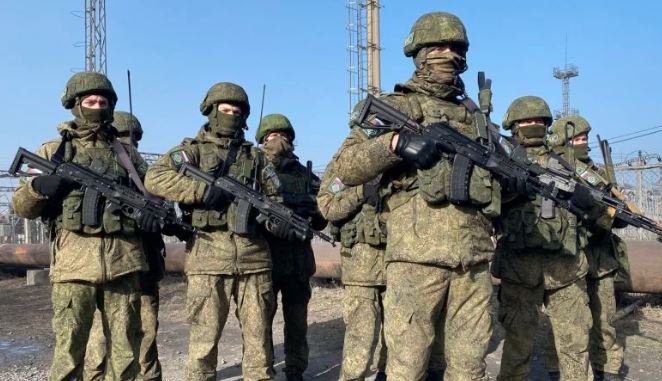Echoing recent false-flag warnings by Ukraine and the West, Ukraine's Center for Strategic Communications warns that on 19 January, a provocative shelling that could serve as a pretext for Russia to escalate its aggression may take place in Donbas during Epiphany celebrations.
False-flag operation against Ukraine on Epiphany
The Center states that it became aware that on 19 January, celebrated as Epiphany by Ukraine's Orthodox Christians, the Russian occupation forces of Donbas might attempt a provocation by shelling worshippers at the Tsehlyanyi pond in the Pokrivskyi district of occupied Donetsk, which is located near the demarcation line between the occupied and government-controlled territory.
"It is possible that the provocative shelling will be conducted from an enemy stronghold located at the air shaft of the Chelyuskyntsi mine less than two kilometers from the pond. To disguise the shots, the enemy military is preparing to turn on the main fan at the mine, which has not been working for a long time (but on January 15 it was turned on for several hours for some reason). In addition, Russian forces can set off the explosion of the mine itself with weapons prohibited by the Minsk agreements," the Center wrote.
The aim of the provocation aim is to accuse the Ukrainian Army of the attack and thereby create a pretext for the start of a military escalation.
To celebrate Epiphany, it is customary in Ukraine to take a dip in a local river or pond, sometimes even by making a hole in the ice to get to the water. The abovenamed pond is likely to be one of the locations for mass ice-bathing festivities.
The conflict in Donbas between the Russian hybrid army and Ukrainian forces has been ongoing since 2014. Two Russian-backed self-proclaimed statelets have been set up in the territory uncontrolled by the government, also known as ORDLO -- the Donetsk and Luhansk "People's Republics."
In recent weeks, both Ukraine and the West have warned of possible Russian red-flag attacks that could serve as a pretext for further military escalation.
On 22 January, Ukrainian intelligence warned that an ammonia leak in occupied Donbas might serve as the pretext for such an escalation. Earlier, the intelligence warned on 14 January that Russia is planning provocations against the Russian military stationed in Transnistria in order to accuse Ukraine of them. The same day, an unnamed US official told media that the US has evidence that Russia has prepared a group of operatives trained in urban warfare and in using explosives to carry out acts of sabotage against Russia's own proxy forces.
The official said that Washington believes Russia could be preparing this false-flag operation for an invasion into Ukraine "that may result in widespread human rights violations and war crimes should diplomacy fail to meet their objectives."
The day before, US National Security Advisor Jake Sullivan stated that the US intelligence has information that Russia may be preparing the pretext for an invasion.
These warnings were issued after a week of talks between Russia and the West in which Russia failed to achieve its diplomatic objectives of receiving "security guarantees" that NATO will not expand into Ukraine and will withdraw from eastern Europe overall. Experts are now wondering Russia will try to compensate for its diplomatic failure with a military escalation.





